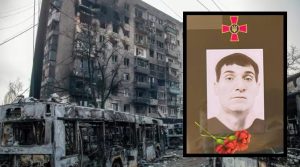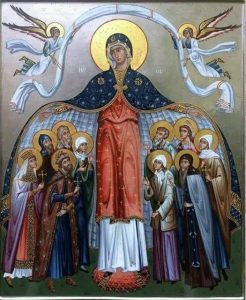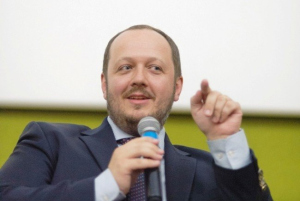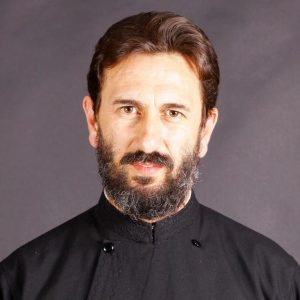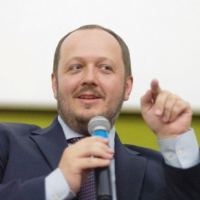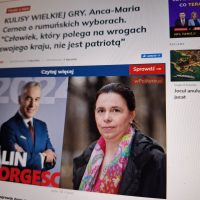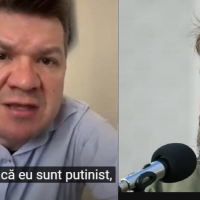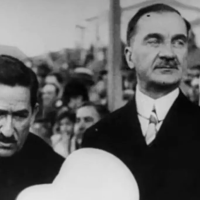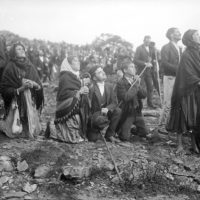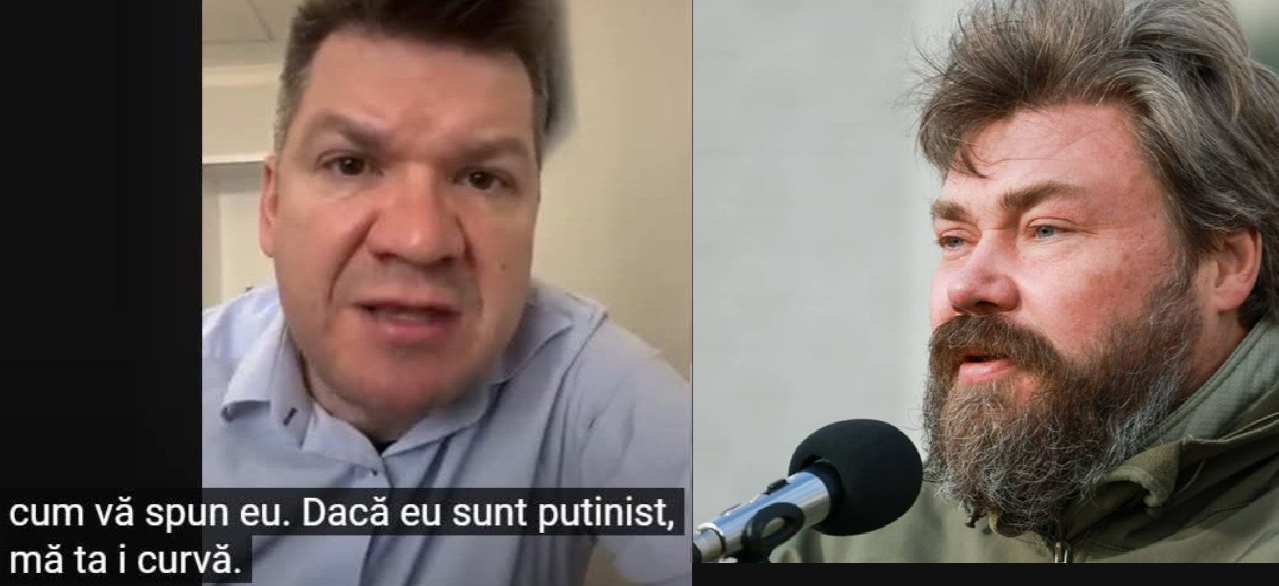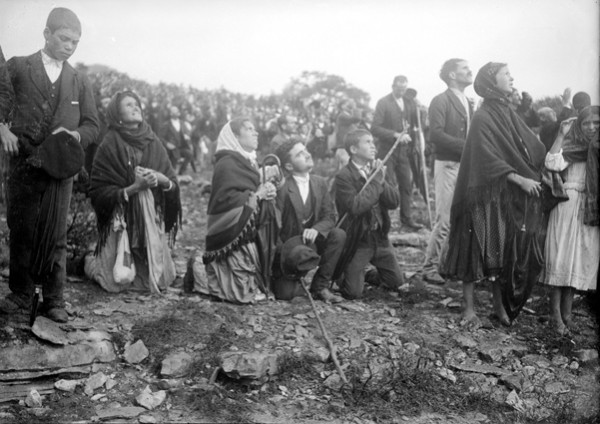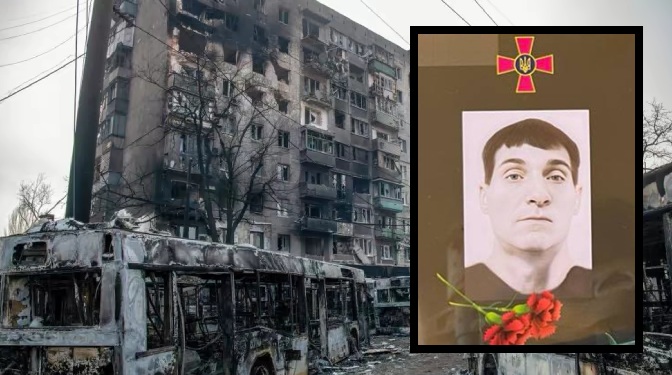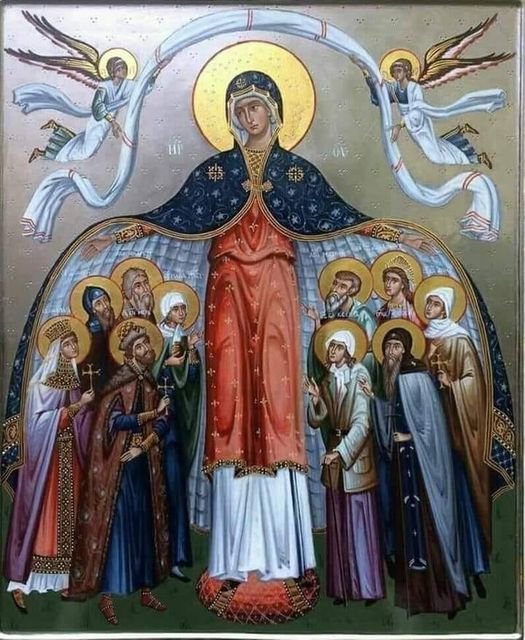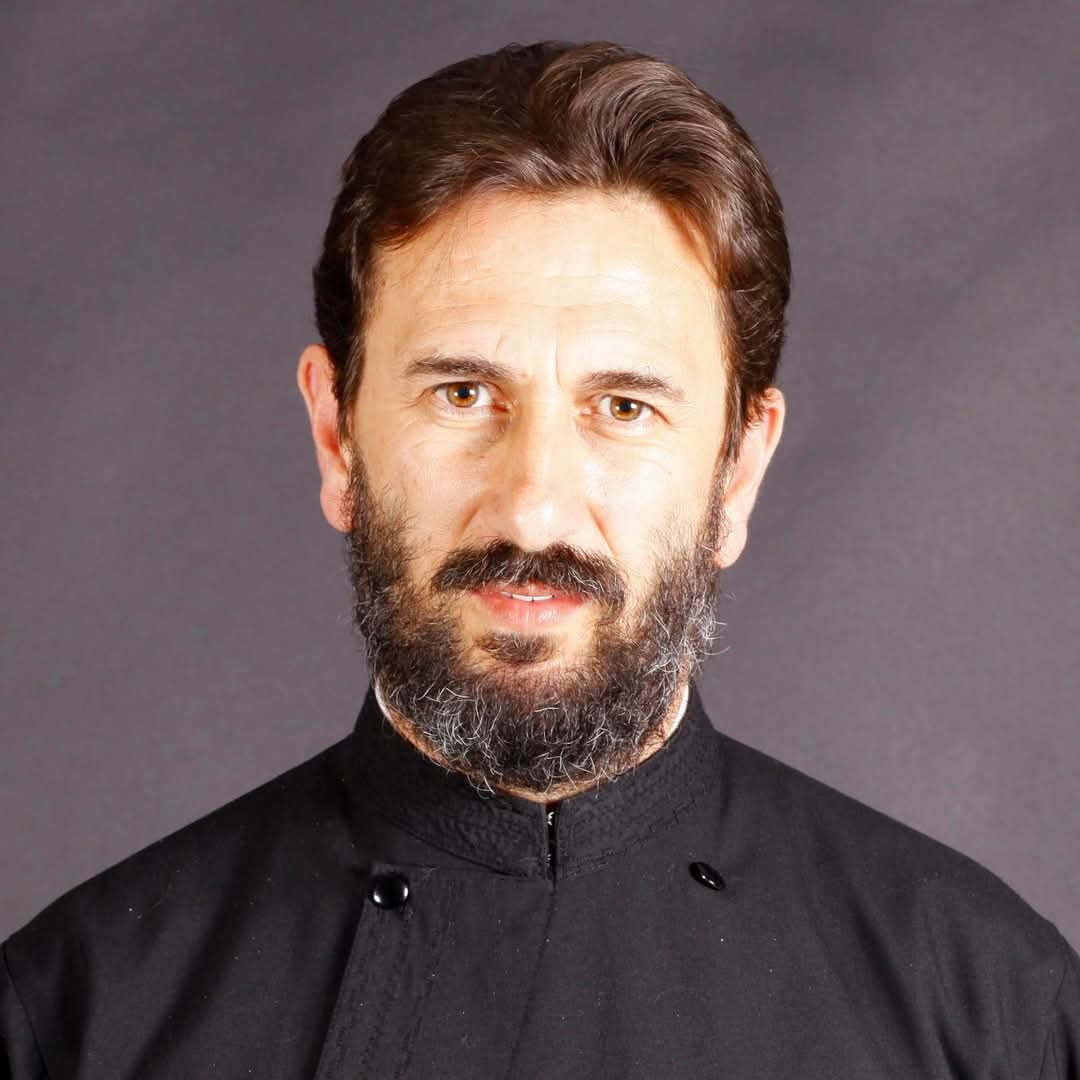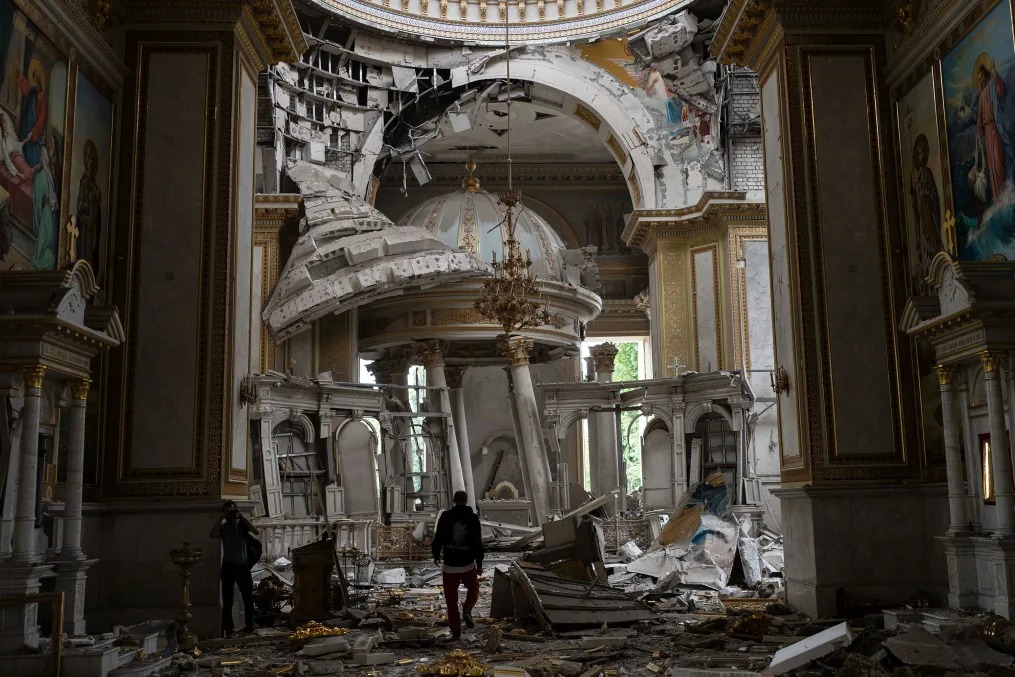Lecturi din scrierile ideologului musulman Abul Ala Mawdudi şi ruptura dintre părinţi şi fiu.

The Ultimatum
Islam is a revolutionary doctrine and system that overthrows governments. It seeks to overturn the whole universal social order.
— Abul Ala Mawdudi, Islamist ideologue and founder of Jamat-e-Islami
I knew my father would not tolerate Mawdudi’s books under his roof, so I put paper covers on them, blacked out the author’s name, and secretly read as much as possible. While fellow teenagers were smuggling pornography into their rooms, my contraband consisted of books written by Islamist ideologues.
Now I was not a mere Muslim, like all the others I knew; I was better, superior.
The Muslims in my life were to be compared with a new category of people my parents never introduced me to: kafir. In our home, my parents never distinguished between Muslims and kafirs or kuffar, an Arabic term as derogatory to non-Muslims as ‘wogs’ is to non-whites.
Mawdudi’s works drew comparisons with kuffar in order to place Muslims on a religious pedestal. In the East London mosque we used the word regularly in gatherings. We were believers, Muslims; all others were kuffar. And we were no ordinary Muslims, but superior to others. As Mawdudi explained:
We have already seen that the only difference between Muslims and Kafirs is in the matter of knowledge and actions. Men who call themselves Muslim but whose knowledge and actions are the same as those of Kafirs are guilty of blatant hypocrisy. Kafirs do not read the Koran and do not know what is written in it. If so-called Muslims are equally ignorant, why should they be called Muslims? … If Muslims behave the same as non-Muslims, what difference is there between them and Kafirs?
Mawdudi taught that there were ‘partial Muslims’ and ‘true Muslims’, ‘Partial Muslims’, Mawdudi explained, confined religion to prayers, rosary beads, remembrance of God’s name, piety, and dress. I agreed with Mawdudi’s defmition, for the majority of the Muslim population I had encountered in Britain was of this variety, the silent majority. However, in Mawdudi’s understanding, they had fallen short of the mark. They were not ‘true Muslims’.
‘True Muslims’, Mawdudi wrote, allowed their ‘desires, their ideologies, their thoughts and opinions, their likes and dislikes, all [to be] shaped by Islam. Allah’s guidance holds complete sway over their hearts and minds, their eyes and ears, their bellies, their sexual desires, their hands and feet, their bodies and soul.’
My frequenting of YMO meetings, helping Brother Falik in the office, and attending taleemi jalsa, meant that I was considered part of the Islamic movement. I had taken no vow, nor sworn allegiance to a leader. That happened only after years of activities and proving one’s total loyalty. For now, I was a member and was expected to work within YMO, slowly move up the ranks to become a rukon (Arabic for pillar), or senior member, and then on to the National Executive Committee.
My readings of Mawdudi were not altogether inspired by genuine intellectual curiosity, although that played a part. As a YMO member, every evening I had to account for my day’s activities. Brother Falik had given me an A4 sheet of paper with ‘YMO Daily Routine’ written across the top. Listed on the sheet were activities I had to report on every day, including how many of the five daily prayers I had read in congregation at a mosque; how much of the Koran I had recited; how many pages of Islamic books I had read; how much time I had spent with family; how many hours I had dedicated to the movement; how many new members I had targeted for recruitment. I kept my routine sheet hidden in my coat pocket, wary lest my parents should ever discover it.
At the end of every week I attended a meeting where we reported our week’s achievements. We wanted to outdo one another, and those who underperformed were often subjected to strict questioning. I found this environment of scrutiny, analysis, questioning, and commitment to do better enjoyable. My readings of Mawdudi’s books were boosted by the praise I received at these meetings. Week by week, Falik and I crammed more and more on to our sheets while others failed to keep up with us.
My routine sheet had one shortfall: I rarely attended congregational prayers in a mosque. We did not live in the hub of Tower Hamlets and the closest Muslim place of worship, Shah ]alal mosque, was a twenty-minute walk away in Stepney. In those days, YMO was attempting to branch out into other areas of Tower Hamlets, beyond the East London mosque, and targeting areas across the East End. Stepney was one such area.
Towards the end of summer 1991 I started to say my dawn prayers in congregation at the mosque in Stepney. I would wake before sunrise, prepare for prayers and walk over to the mosque. There were about seven of us activists who prayed at the mosque, but there was more to our presence than prayers. We were never content with merely praying – we had to do more.
After most people had left, Sami, the university student who had taught us that democracy started with the Muslim caliphs, would deliver lessons from the Koran. For about thirty minutes after the morning prayer, half asleep, I sat and listened to his impromptu commentary on the Koran. The idea behind such early-morning study sessions was to establish a YMO presence in the mosque and, gradually, win acceptance of the elderly congregation. That way, recruiting their sons to YMO through public events at the mosque would be easier.
While I targeted others’ children, all was not well at my own home. My parents were becoming seriously concerned about my sudden outburst of religious fervour. Even in a pious family like ours my behaviour was at odds with my parents’ faith. My father wondered what drove me to walk so far, so early in the morning. Was it merely to pray? Surely, God was at home too. My God, however, was no longer at home; he had to be sought out in activism, drive, energy, mobilizing and expanding the Islamic movement. I had to be a ‘true Muslim’, completely enmeshed in Islam, not a ‘partial Muslim’ like my parents.
The atmosphere at home was horrid. In January 1992, when I was seventeen, I minimized my involvement with YMO for a two-month period in an attempt at conciliation. I wanted to regain some of that old warmth and love my parents had showered on me, but I did not want to lose my brothers, my friends at East London mosque. Falik was now studying with me at Tower Hamlets College and he kept me up to date with events at the mosque. I still maintained my daily routine sheet, and read bulletins issued by Jamat-e-Islami. These bulletins carried pictures of thousands of people gathering in Dhaka for protest meetings, Islamist brothers fighting against leftists, many of whom were martyred. Every month we received these from Jamat-e-Islami in Bangladesh.
Then, in March 1992, the leader ofJamat-e-Islarni, a political science professor named Gulam Azam, was arrested in Bangladesh on trumped-up political charges. For the next six months the atmosphere within YMO and Islamic Forum Europe changed completely. Our sole aim was to secure the release of the elderly professor from prison. We launched a campaign, during which I helped put up posters across Tower Hamlets late into the night, organized protest meetings, and distributed leaflets demanding justice. One of our key arguments was that the British government issued visas for visiting Jamat-e-Islami leaders and MPs. If they were extremists, as my father and others claimed, then why did the government permit them free rein in Britain?
That summer my father saw on my desk at home a pile of the leaflets I had been handing out. As far as my father was concerned, that was the last straw. He had seen me drift further and further away from the family; he had spent hours trying to engage with me, explain to me that Islam was not politics, but about puritying our hearts and drawing closer to God.
He was shaking with anger.
‘What is Gulam Azam doing in my house?’ he shouted, before launching into a monologue about the Islamists, their shrewd manipulation of religion to suit their political needs, their hatred of traditional Muslims, and their disregard for Muslim saints. He called them ‘the enemies of the Prophet, the cursed of God, allies of the devil, and the rejects of the Muslims. From this day onwards, you will have nothing to do with them! Enough! Enough of pretending to study, then lying to us, deceiving us … ‘
He slammed the door and left. My mother stood in the room alone with me and wept profusely, repeatedly asking in a broken, shaking voice, ‘Why? Why?’
My disagreements with my parents were now so deep, their revulsion for my Islamism so powerful, and my commitment to ideological Islam so uncompromising, that my father had little choice but to give me an ultimatum: leave Mawdudi’s Islamism or leave my house.
‘We raised you as a Muslim, you understand Islam. If you want to stay under my roof, then you will be a normal Muslim, none of this politics in the name of religion.’
I turned to my friends in YMO for advice and they told me again that this was a test from God.
‘You must choose between family and God’s work. The Islamic movement is more important to us than our families,’ said a leading member ofYMO.
My father continued to apply pressure on me. He was worried that I would be a negative influence on my siblings. All the while my friends in the Islamic movement were critical of my parents, suggesting that they were not true Muslims. Only those who accepted Mawdudi and his Egyptian counterpart, Syed Qutb, understood ‘true Islam’.
Unable to accept two authorities, one night, late in the summer, I wrote a farewell note to my parents, left it on my pillow and crept out of our house while they slept. I left home for the Islamic movement without a penny in my pocket and with only the clothes I was wearing.
With my parents defeated, there was no stopping me. At Tower Hamlets College I became active in the college’s Islamic Society, managed by members of YMO. By secret ballot I was elected president. I had rather hoped that my friend Falik would be elected, but my commitment and drive to Islamism outdid even his. The college had a majority Muslim population and the Islamic Society had an extremely high profile. The events I organized attracted crowds of over 200 students. In essence, I was running an Islamist front organization operating on campus to recruit for the wider Islamist movement and maintain a strong Islamist presence. With the help of my members I was successful on both counts. With parental obstacles out of the way, my zeal and commitment to Islamism were unconfmed.






